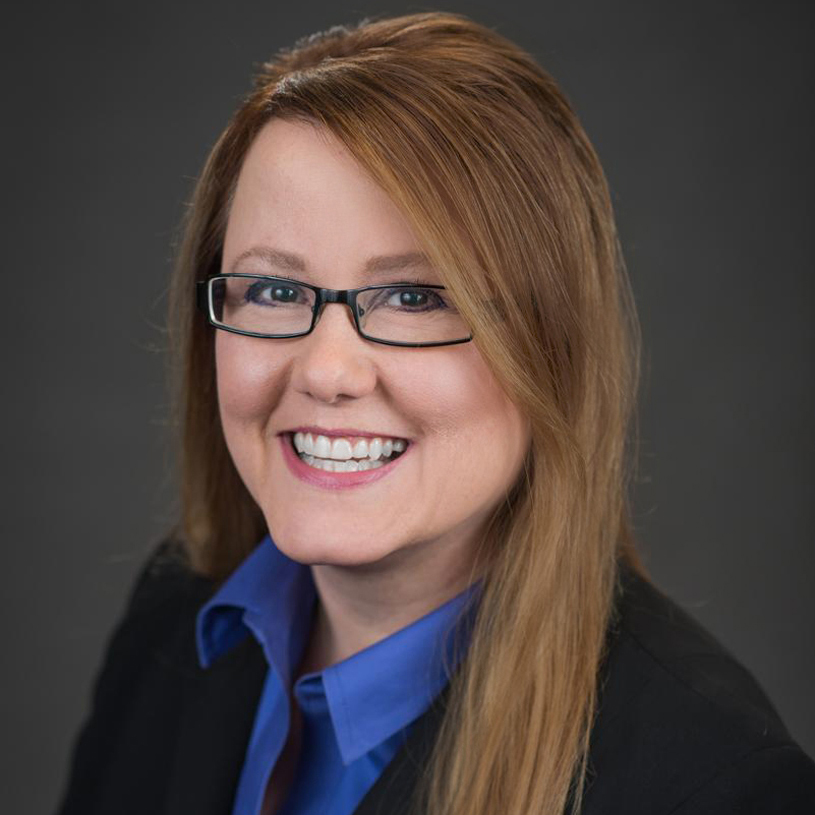
The United States and the rest of the world have seen terrible pandemics before, but arguably nothing in our lifetimes like coronavirus disease 2019, otherwise known as COVID-19. You’ve been reading news related to the virus and the steps senior living operators are taking to prepare or respond to it in McKnight’s Senior Living. And you’ve been living it every day.
Senior living operators today have much more sophisticated technology at their disposal than did their predecessors, and they’re putting that technology to good use to help ensure the health and safety of residents at this time.
For instance, on Friday, Winter Park, FL-based Holiday Retirement, the largest independent living company in the country, announced that it is providing 24/7 telehealth access and services to the residents of its 261 communities through MeMD’s national network of healthcare providers.
“It’s essential that we constantly find new ways to help our residents during events such as the COVID-19 outbreak,” Holiday CEO Lilly Donohue said. “It’s also important we play any role possible in reducing potential stress on the U.S. healthcare system from COVID-19. MeMD telehealth gives residents a level of comfort in knowing they can talk to a doctor quickly from the safety of their Holiday home.”
Residents will have access to the network for other urgent-care situations as well.
And Sunday, Brentwood, TN-based Vitality Living announced that starting today at 11 a.m. ET, executive directors will begin live-streaming daily updates related to COVID-19 to residents and their families on Facebook. The sessions will provide the opportunity for families to ask questions and get updates as they’re announced, and Vitality will leave the recordings on each community’s Facebook feed for people to access later if they wish to do so.
“Our families have questions and concerns daily. We want to keep up strong communication, especially during this visitation suspension,” Vitality Living President and CEO Chris Guay said. “I am proud that our community leadership team has stepped up to increase regular communication by this simple method that most have access to. We want to provide total transparency and updates as we hear them, and this is the quickest way.”
Technology also can be used help prevent loneliness now that friends’ and family members’ access to their loved ones in many cases is restricted due to community or state or local government decisions.
Last Monday, when the American Health Care Association / National Center for Assisted Living announced its recommendation that all assisted living communities and nursing homes limit access to only those individuals who are critical to the operational or care needs of their buildings (before Friday’s announcement by the Centers for Medicare & Medicaid Services of a ban for most nursing home visitors), AHCA Board of Governors Chair Deborah Meade said communities in her company, Health Management, have cordless cell phones available for residents to use to speak with their families and that employees were offering their smartphones to residents so they can video-chat with their loved ones.
Grand Forks, ND-based Edgewood Healthcare said it would be following AHCA / NCAL’s recommendation at six of its communities in South Dakota and would be limiting visiting hours at its 56 other independent living, assisted living and memory care communities across the several states in which it operates.
“We’re really making a move to push digital with platforms like Skype, FaceTime and Zoom,” Executive Vice President Jill Leonardi-Wilson told the Grand Forks Herald. “We are encouraging our residents and their families to use the technology that is available. It’s not the same as actually being able to visit, of course, but it can be a good temporary substitute until things return to normal,” she added.
In South Dakota, a Dairy Queen is donating money and seeking additional donations with the goal of purchasing at least 20 iPads to give to Edgewood and other senior living communities so that residents and families can use FaceTime and otherwise keep in touch, the Capital Journal reported.
Eventide, which operates senior living communities in Minnesota and North Dakota, also told the Grand Forks Herald that the company is trying to make iPads available for residents. “Some of our residents are actually quite computer savvy and already FaceTime with their families. The others, we’ll make sure they have help,” said Carrie Carney, vice president of marketing and public relations.
Similarly, staff members at Winona Health in Minnesota are trying to help assisted living residents talk to their families via video-chatting, according to the Winona Daily News.
I’m hopeful that actions such as these can minimize the negative effects of the disease and provide operators with ideas that will be helpful even after this challenge has been tackled.

